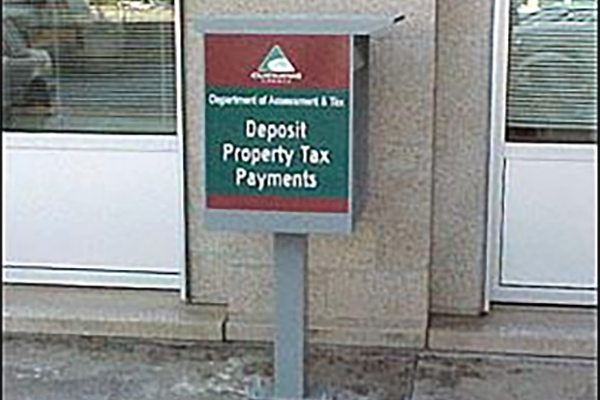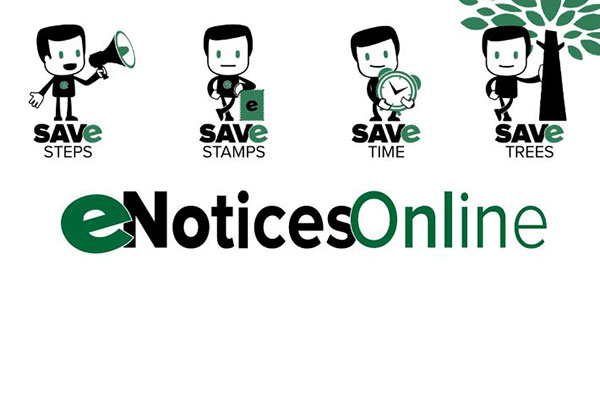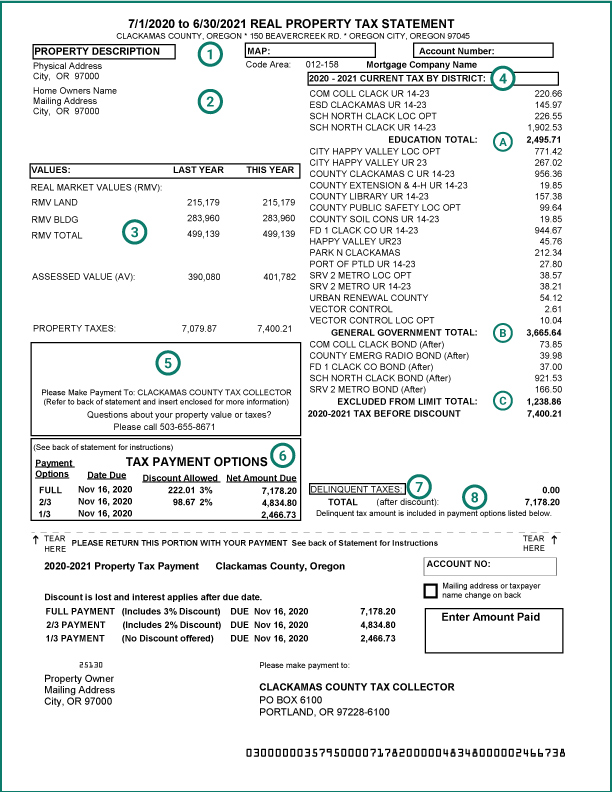Ways to Pay
The Clackamas County Assessor’s Office strives to make services inclusive. If you encounter accessibility barriers, please contact us at 503-655-8671 or propertytaxinfo@clackamas.us. We will do our best to respond to your inquiries within two business days.
By mail
Clackamas County Assessor & Tax Collector
150 Beavercreek Road
Room #135
Oregon City, OR 97045
Only send a check or money order, do not mail cash. Please make your check payable to Clackamas County Tax. Your canceled check is proof of payment.
Mail your payment in the windowed envelope provided in your tax statement.
Be sure to mail your payment early enough to be postmarked on or before Nov. 15. According to Oregon law, if the postmark is after the payment due date, discounts are not allowed and interest will accrue on the past due portion. If the due date falls on a weekend or a legal holiday, the due date is extended through the next business day.
Online
Pay your property taxes online via credit, debit or e-check online.
Pay Online
Convenience Fees
You will be charged a convenience fee by US Bank, our online payment service provider.
| E-check | $3 |
| Visa, MasterCard, American Express and Discover credit card | 2.49% |
| VISA debit card | $3.95 |
| Mastercard debit card | 2.49% |
In person
150 Beavercreek Road
Room #135
Oregon City map
Our payment drop box is located at the front of our building.

Property tax payment drop box
Early and Late Payments
Discounts and installments
If you pay your bill early, you may qualify for a discount.
| Full payment by Nov. 15 | 3% discount on the current year |
| 2/3 payment by Nov. 15 | 2% discount on the current year
Pay the remainder by May 15. |
| 1/3 payments by Nov. 15 | 0% discount on the current year
Next 1/3 payment by Feb. 18.
Pay the remainder by May 15. |
Interest on late payments
Interest will be charged on any payment made after the installment due date for the schedule you choose. The rate of interest is determined by Oregon statute, which is 16% annually or 1.333% monthly until paid. If property taxes are not paid on time, interest accrues on the 16th of each month.
Payments made with electronic bill pay services must be received in our office by the due date. Please request your payment in advance with your bill pay provider.
Payments made with checks that are returned by the bank are not eligible for any discount.
Delinquent taxes and lien dates
Real property tax is delinquent if not paid by May 15. Foreclosure proceedings on real property begin when taxes have been delinquent for 3 years. Real property tax accounts with an unpaid balance for any tax year marked with an (*) on the front of your tax statement are subject to foreclosure if not paid on or before May 15. Property tax payments must be credited to the earliest year that taxes are due. For example, if you owe taxes for 2020, 2021, 2022 and 2023, any payment made will be first applied to 2020 and so forth.
Learn more about foreclosures.
Prepayment of property taxes
Unless authorized by law, no prepayments of property taxes that have not been certified by a taxing district shall be collected or accepted (OAR 150-311-0260). Examples of law allowing prepayment of taxes include recording a subdivision, creating a condominium or moving a manufactured home.
 Translate
Translate













